Theodora Taylor's WAYLON (Ruthless MC 1) is a gripping tale that intertwines romance, danger, and the complexities of personal dreams versus harsh realities. The narrative follows the journey of a young nurse who has spent her life dreaming of a perfect suburban existence, only to find herself entangled with a dangerous biker gang member. This juxtaposition of her aspirations against the gritty backdrop of the motorcycle club world creates a compelling tension that drives the story forward.
From the outset, Taylor establishes a strong protagonist in the form of the unnamed nurse. Having aged out of the foster care system, she embodies resilience and hope, clinging to the dream of a stable life with a "nice doctor." This desire for normalcy is relatable and sets the stage for her internal conflict when she finds herself handcuffed to Waylon, the titular character, who represents everything she has been taught to fear. The initial setup is both intriguing and provocative, as it raises questions about safety, attraction, and the allure of the forbidden.
Waylon, the dangerous biker, is a character that embodies the archetype of the "bad boy" but is layered with complexity. Taylor does an excellent job of crafting him as more than just a criminal; he is a man with a past, a protector, and someone who challenges the nurse's perceptions of love and safety. Their chemistry is palpable, and the tension between them is electric, making their interactions both thrilling and fraught with danger. The author skillfully navigates the push and pull of their relationship, exploring themes of trust, vulnerability, and the transformative power of love.
One of the standout aspects of WAYLON is its exploration of the theme of choice. The nurse's decision to marry her doctor fiancé is a reflection of societal expectations and her desire for a "normal" life. However, her encounter with Waylon forces her to confront what she truly wants versus what she thinks she should want. This internal struggle is relatable and adds depth to her character, making her journey more than just a romantic escapade; it becomes a quest for self-discovery.
The pacing of the novel is well-executed, with Taylor balancing moments of tension with softer, more intimate scenes. The handcuffing scene, for instance, serves as a catalyst for their relationship, allowing for a unique exploration of power dynamics and consent. Taylor does not shy away from the darker aspects of the biker lifestyle, but she also highlights the moments of tenderness and connection that can exist even in the most chaotic environments. This duality enriches the narrative and keeps readers engaged.
As the story progresses, the stakes are raised significantly, particularly during the wedding scene where the nurse's two worlds collide. The dramatic entrance of Waylon at the church is a pivotal moment that encapsulates the central conflict of the story: the struggle between societal expectations and personal desires. Taylor captures the chaos and emotional turmoil of this moment beautifully, leaving readers on the edge of their seats, wondering how the nurse will navigate this unexpected turn of events.
Character development is another strong point in WAYLON. The nurse evolves from a woman who is primarily driven by her dreams of a conventional life to someone who is willing to confront her fears and embrace the unknown. Waylon, too, undergoes a transformation as he grapples with his feelings for the nurse and the implications of his lifestyle on their potential future together. Their growth is organic and believable, making their eventual choices resonate with authenticity.
In terms of themes, the novel delves into the concepts of love, loyalty, and the idea of family—both biological and chosen. The biker gang serves as a surrogate family for Waylon, contrasting sharply with the nurse's experiences in the foster care system. This exploration of what it means to belong adds another layer of depth to the narrative, inviting readers to reflect on their own definitions of family and support.
Comparatively, WAYLON shares thematic elements with other contemporary romance novels that feature the "good girl meets bad boy" trope, such as works by authors like Tessa Bailey or Kristen Ashley. However, Taylor's unique voice and the raw authenticity of her characters set this story apart. The emotional stakes feel higher, and the exploration of the characters' backgrounds adds a richness that is often lacking in similar narratives.
Overall, WAYLON (Ruthless MC 1) is a captivating read that expertly blends romance, danger, and self-discovery. Theodora Taylor has crafted a story that not only entertains but also prompts readers to reflect on their own desires and the choices they make in pursuit of happiness. With its well-developed characters, engaging plot, and exploration of complex themes, this novel is sure to resonate with fans of the genre and leave them eagerly anticipating the next installment in the series.
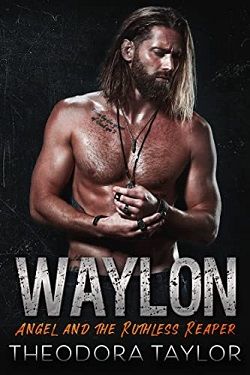



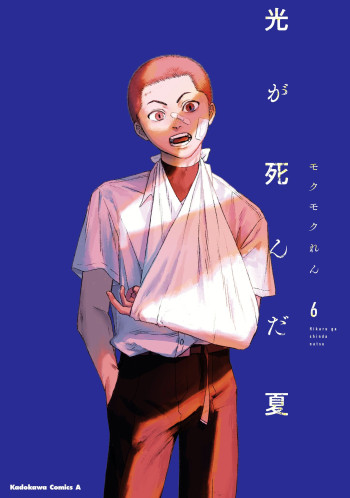
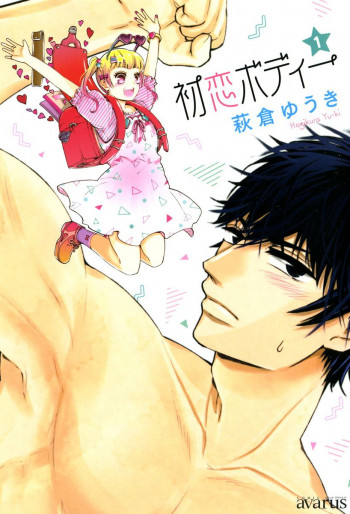
![Are We Still in Love? [Official]](/upload/pic/manga/are-we-still-in-love--official-.jpg)



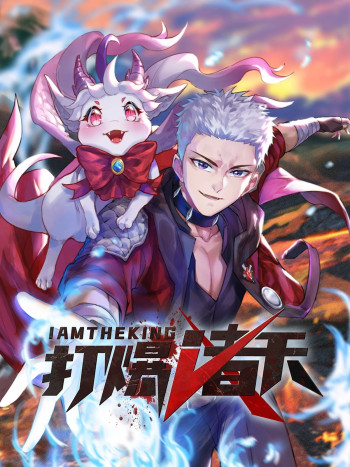
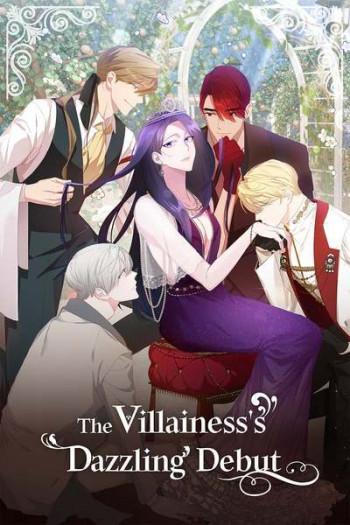

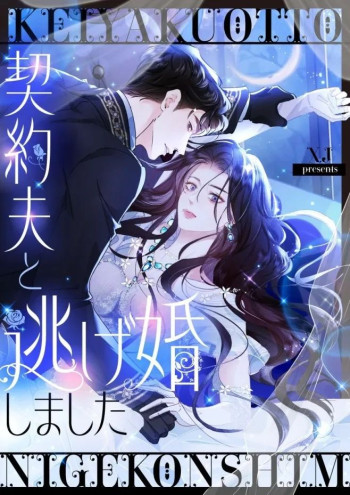










Reviews 0
Post a Reviews: